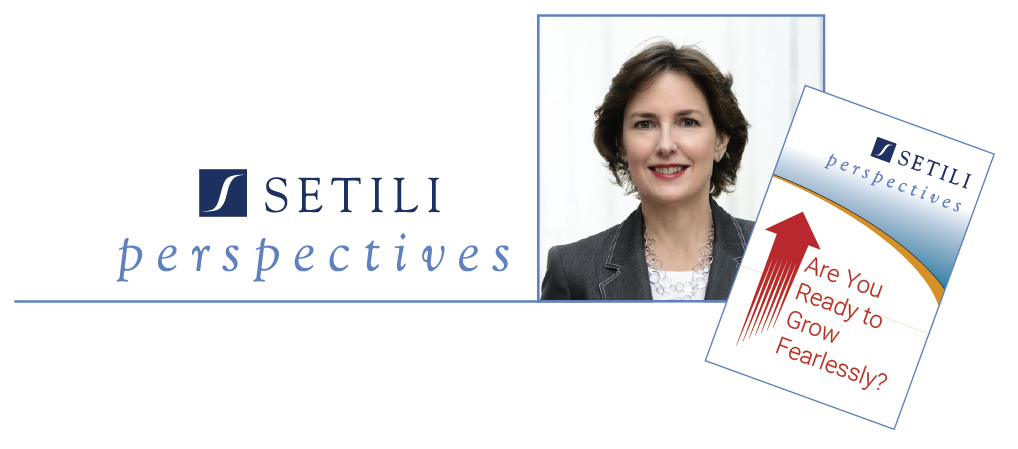The Case for More Disagreements
Back when I was applying for admission to Harvard Business School, one of the essays I had to complete was “when did you confront an ethical dilemma and how did you handle it?”
I remember being stuck on this question for quite a while, because as a young engineer, it seemed to me that every question had a correct answer. There are no ethical dilemmas, because once you find the right answer, everything is clear… or so I mistakenly thought.
Fortunately, I somehow managed to answer that essay question and get admitted. HBS quickly corrected my lack of understanding. Day after day, I sat in a classroom with 90 people who were all smart, and yet had completely different solutions to any given problem. Time after time, I thought: Wow. I would never have thought of what s/he just said.
The world, I learned, has many shades of gray.
These days, I worry whether too many businesses—and professionals—close themselves off from this sort of valuable learning. How many times in recent years have you sat in a room with other talented folks who think utterly differently than you do? How many times have you been encouraged to disagree and debate with your peers? My guess: not often.
In most organizations, the desire to agree runs deep. People want to come to consensus quickly, and then take action. Those who challenge such consensus do so at their own risk.
Some argue that businesses in competitive markets have no time to waste, that they can’t debate endlessly. But at HBS, we could have a fierce debate around a single case and still wrap things up in an hour or so. An intellectually rigorous debate need not take a long time.
We all end up getting trained by our experiences. In any given organization, everyone learns similar things, because they are experiencing the same things over a period of years. So their assumptions, beliefs and predispositions tend to sync up. This can be destructive to the team’s decision making and agility, because team members’ opinions become increasingly clustered around a certain point of view. The result is that the team may fail to recognize changes in the market, and may miss insights that their competitors recognize.
To avoid this hazard, it pays to expose your point of view to questions and dispute, and to challenge others’ point of view. To the greatest extent possible, you want to create situations similar to what happens at HBS: lots of smart people from very different backgrounds challenging each other to think harder, deeper and differently.



